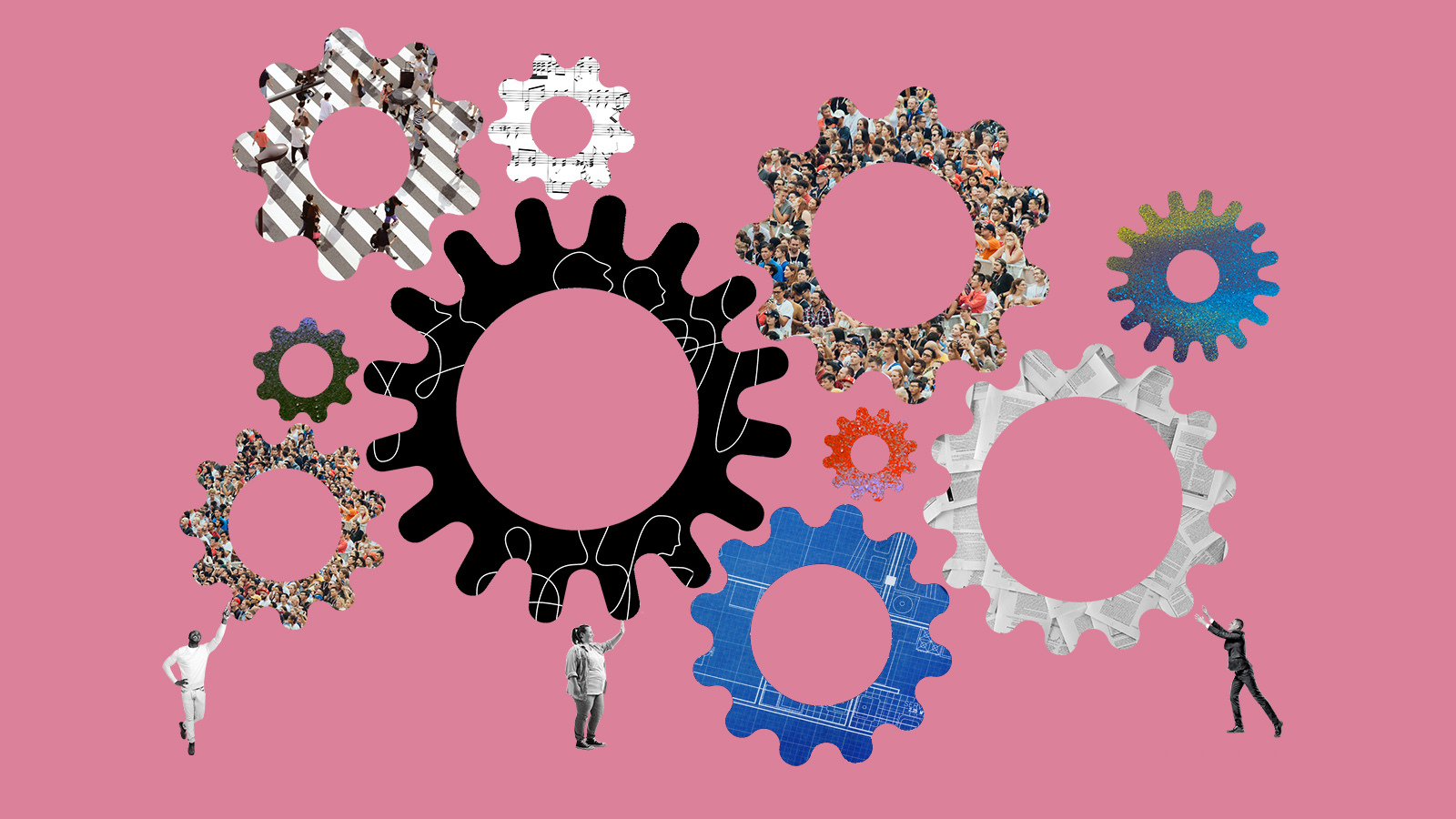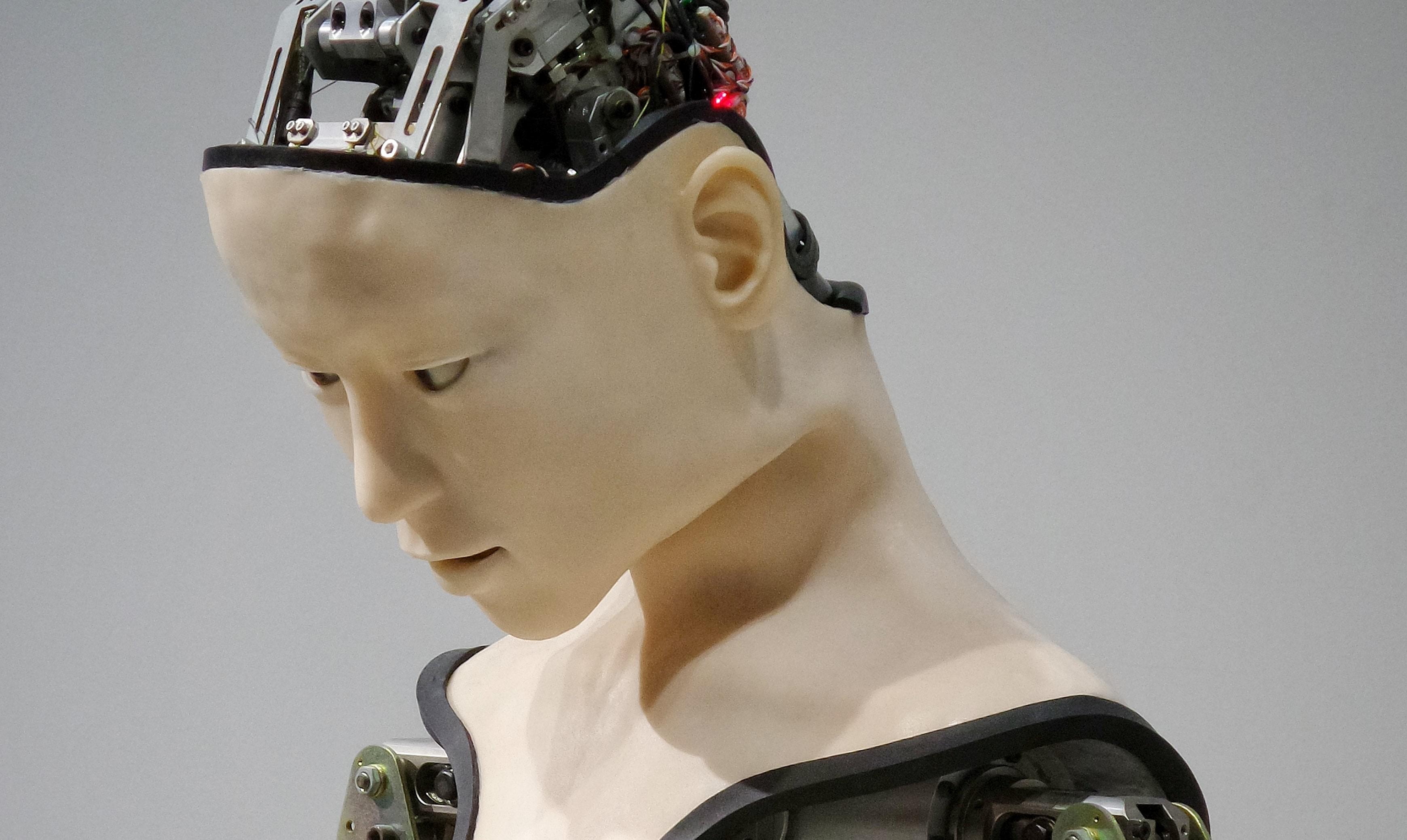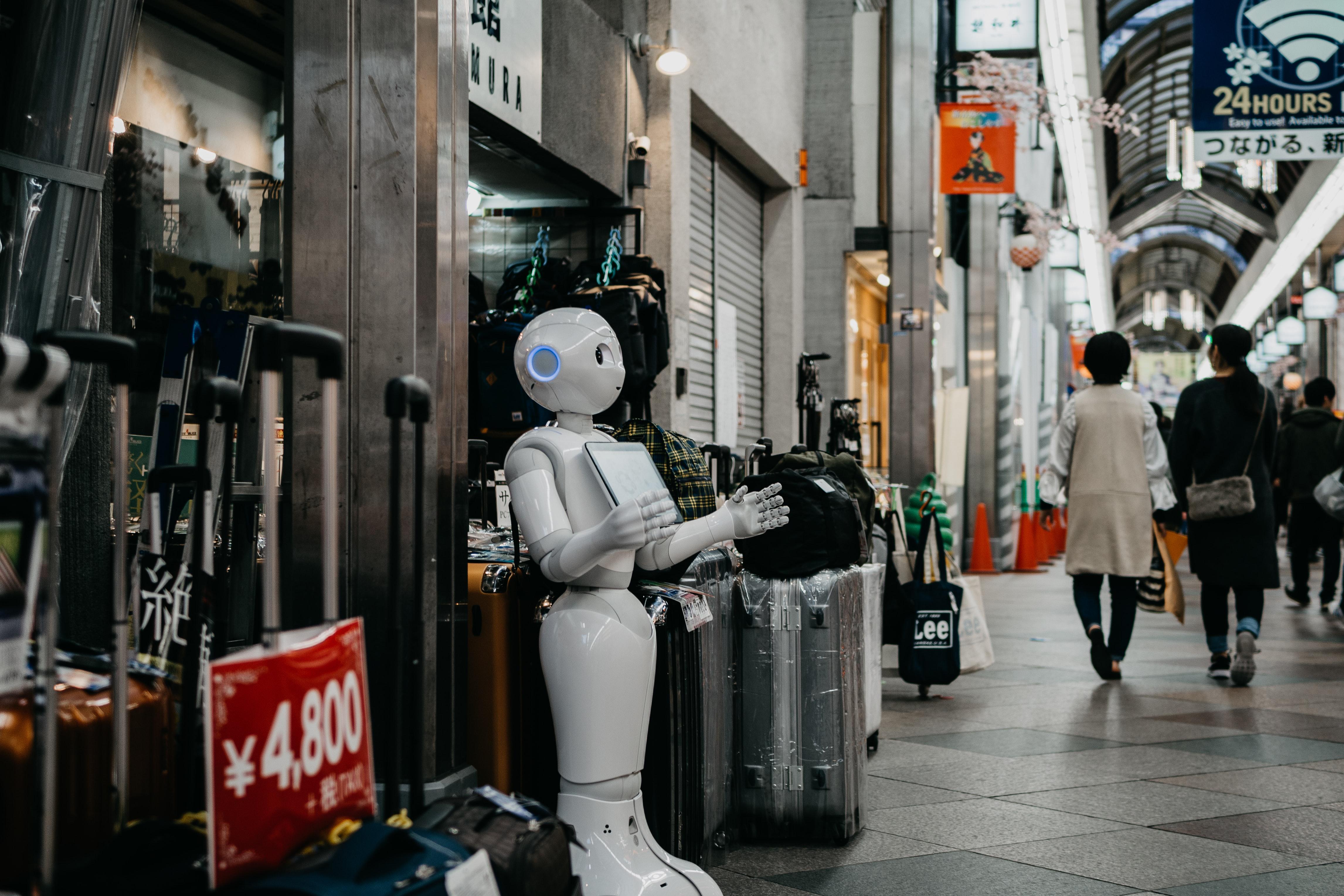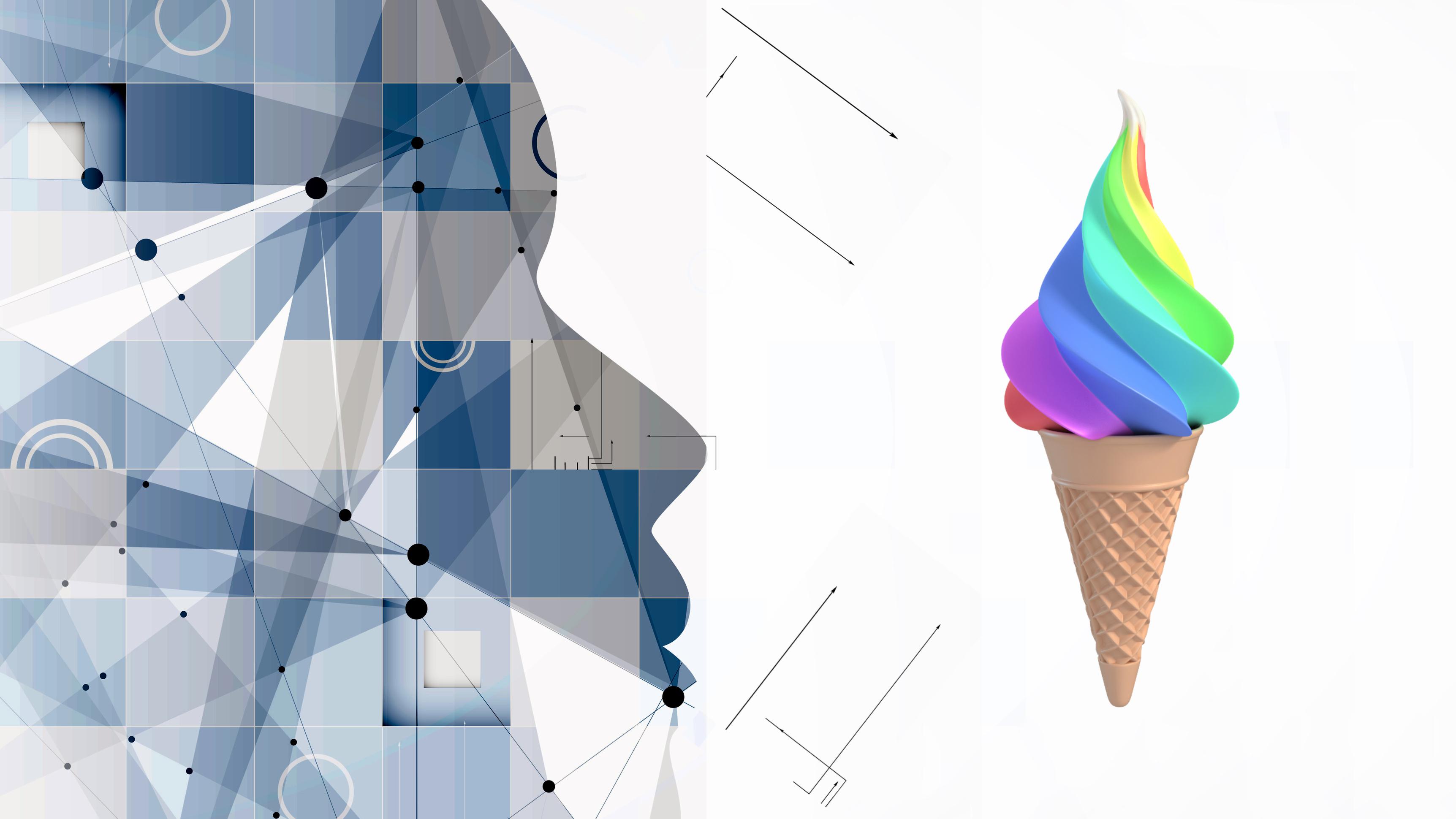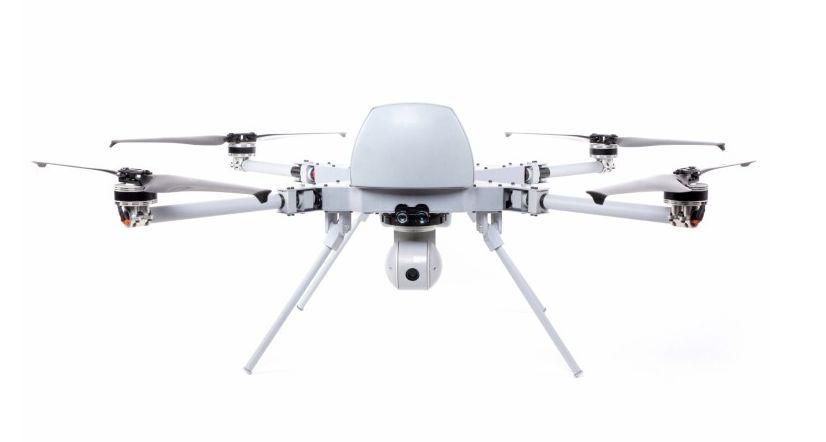The conventional wisdom developing in the face of job automation is to skill up: learn how to code, become a member of the rising tech economy. Venture capitalist Scott Hartley, however, thinks that may be counterproductive. “Just because you have rote technical ability, you may actually be more susceptible to job automation than someone who has flexible thinking skills,” he says. Retraining yourself in tech-based areas is smart, but the smartest way to survive job automation is to develop your soft skills—like improvisation, relational intelligence, and critical thinking. Believe it or not, those ‘softer’ assets will rule in the digital age, so play to what makes you human. In time, everything else will be done by a robot. Scott Hartley is the author of The Fuzzy and the Techie: Why the Liberal Arts Will Rule the Digital World.
Scott Hartley: I think one of the big counterintuitive points that I draw out in the book 'The Fuzzy and the Techie' is this notion that just because you have technology skills doesn’t necessarily make you relevant in tomorrow’s tech-led, data-infused economy. And if you look at the underliers of jobs, there are tasks that make up every different job that we have, and each of our jobs have some subset of tasks that are rote, that are scripted, that are highly routine. These are things that, over time, we can either program robots to do them if they’re manual or we can program machines to do them through machine learning. But there’s always a subset that’s more complicated or more complex that requires collaboration, that requires communication or doing things that are on the frontier of what we haven’t seen before; things that require improvisation. And those are the very skills that require adaptive or flexible learning. And so I think the counterintuitive point is that just because you have rote technical ability you may actually be more susceptible to job automation than someone who has flexible thinking skills. So it’s this false dichotomy between having technical skills being relevant, having soft skills being irrelevant. In fact it’s more the opposite. So when we think about automation it’s necessary that we engage with data, it’s necessary that we learn the fundamentals of technology, that we learn to code, we learn to speak this new language, but I think we can’t forget as well the soft skills that will enable us to weather the changing economy as the machines continue to take more and more rote and scripted tasks away from humans.
So the progress we’ve seen recently with things like deep learning with the DeepMind and AlphaGo and sort of playing the world champion in Go—I mean, these are fundamentally groundbreaking endeavors, I think the really interesting thing is that the artificial intelligence we talk about today is still context dependent; it’s still dependent on being on a board, being within the confines of a set of rules. And so if you think about simple tasks, those are rules-based tasks that may be very easy to automate, we’ve sort of migrated up the funnel where we’re talking about immensely complicated tasks. But I wouldn’t necessarily say that we’ve transgressed into complexity where there’s really something that’s off the board, off the chess board entirely, off the Go board entirely. And so I think when we can move to a realm where we’re not context dependent, to me that’s one of the definitional qualities of when it’s truly perhaps artificial intelligence and not sort of A.I. that’s largely human led or human guided.
So, one of the new technologies that is in the daily media today that we focus on a lot is this prospect of self-driving cars or automated vehicles on the roads. And if you look under the hood of this new technology we realize that some of the biggest challenges we’re facing are those that have to do with mixed-use environments. So for example, when people migrate towards this new form of vehicle there’s not going to be sort of a zero to one change, there’s going to be this mixed environment for a number of years, potentially decades, where we have self-driving cars, perhaps partially automated vehicles included with human-led cars. And so one of the biggest challenges is more of an anthropological challenge of figuring out: how do we get machines to interface with humans in an effective way? So if you actually look at a company like Nissan some of the most important roles that they’re hiring for are PhD anthropologists who are doing sort of ethnographic studies, looking at human communication by gesture or by raising a nod or giving an eyebrow wave. And these are small things that we sort of take for granted as implicit ways that we communicate as humans, but if you’re trying to transcribe that into code and teach an engineering team how to write the computer code for that, that becomes a very difficult challenge between sort of anthropological research and engineering. And I think that this is a perfect example of how we have to bring together both the fuzzy and the techie to really meet and some of the biggest challenges today with self-driving cars.
So in 2014 we were at the height of fear where there had been a study that came out with the Oxford Martin School that looked at how 47 percent of U.S. jobs we’re at high risk of machine automation. This was also the year where Martin Ford’s 'Rise of the Robots' came out and the pendulum swung all the way to fear. And I think, taking a step back, earlier this year the McKinsey Global Institute came out with a study where it looked at 800 occupations and drilled down into those occupations and looked at the constituent tasks that made up each of those jobs, and it found that around five percent of jobs had 100 percent of tasks that were things that could potentially be automated by machines. But the more interesting conclusion was that for roughly 60 percent of jobs only 30 percent of the tasks within those jobs were things that machines could do over time. And so as machines take over the rote, scripted, and routine aspects of jobs—the things that we’ve done many times before, the things for which we have best practices or good practices, things where you may have a note on the wall that says 'do it explicitly this order of operations these ten steps,'—those are the things that we can program machines to do in a fairly easy way over time. There are obviously questions about the use of internal teams and dedicating resources to optimize certain processes versus others. These things aren’t all going to happen overnight. I think there are a lot of management questions that have to do with resource allocation around some of these issues. So technical feasibility is only the first step of automation. I think then there are many more steps that we need to consider.
But I think the interesting conclusion from the McKinsey Global Institute is that for these 30 percent of tasks that may go to machines over time, what this does is it up-skills or levels-up the human, where we now have to focus on the sort of non-routine aspects of our job, the complex aspects. And in this world of complexity where you may be good at one thing and I’m good at something else we actually start task trading more, we actually start working on one thing for one person and one thing for somebody else. And in this environment of increasing task trading there is a guy named David Deming who is an economist at the Harvard Graduate School of Education and Professor Deming talks about how it's actually the soft skills that reduce the friction, reduce the transaction costs when we trade tasks. So in fact when machines are taking over the rote or routine aspects of our jobs and humans are left with this 70 percent of complex or non-routine tasks it’s actually the soft skills that start becoming more and more important.

